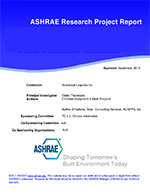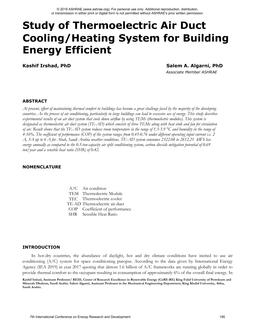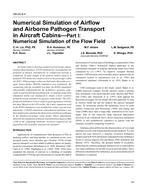Several energy-saving design changes in residential space heating systems were examined to determine their energy conservation potential and cost effectiveness. Changes in conventional and advanced systems (such as gas heat pumps) were considered. Energy savings as large as 26, 20, and 57% were estimated for design changes in conventional gas, oil, and electric space heating systems, respectively. These changes increased capital cost of the three systems by 27, 16, and 26%. For advanced gas and electric systems, energy savings up to 45 and 67%, respectively, were calculated. The design changes needed to produce these energy savings increased capital costs SO and 35%.
The energy use and cost relationships developed for the space heating systems were used as input to the ORNL residential energy use simulation model to evaluate the effect of space heating improvements on national energy use to the year 2000.
With no efficiency improvements in equipment, space heating energy grew at 2.5% per year. When improved conventional and advanced systems were introduced in the market, heating energy growth was cut to 1.8% and 1.6% per year, respectively. In addition, if consumers were to minimize life cycle costs in purchasing space heating equipment, space heating energy growth was projected to grow at 1.1% per year.
Product Details
- Published:
- 1979
- Number of Pages:
- 16
- File Size:
- 1 file , 1 MB
- Product Code(s):
- D-DV-2607
- Note:
- This product is unavailable in Russia, Belarus


